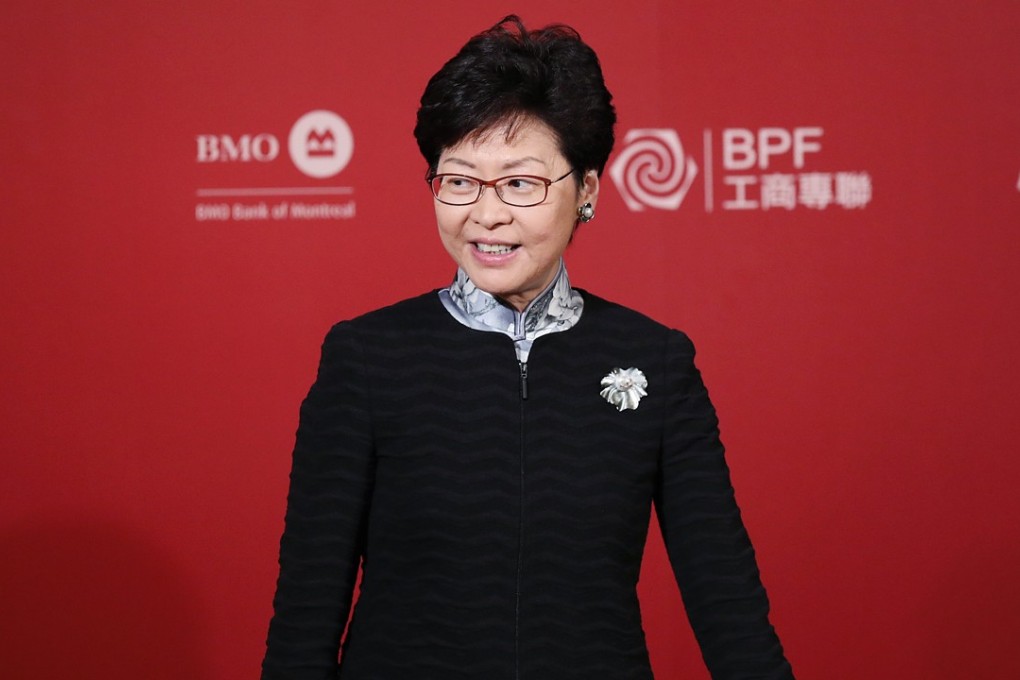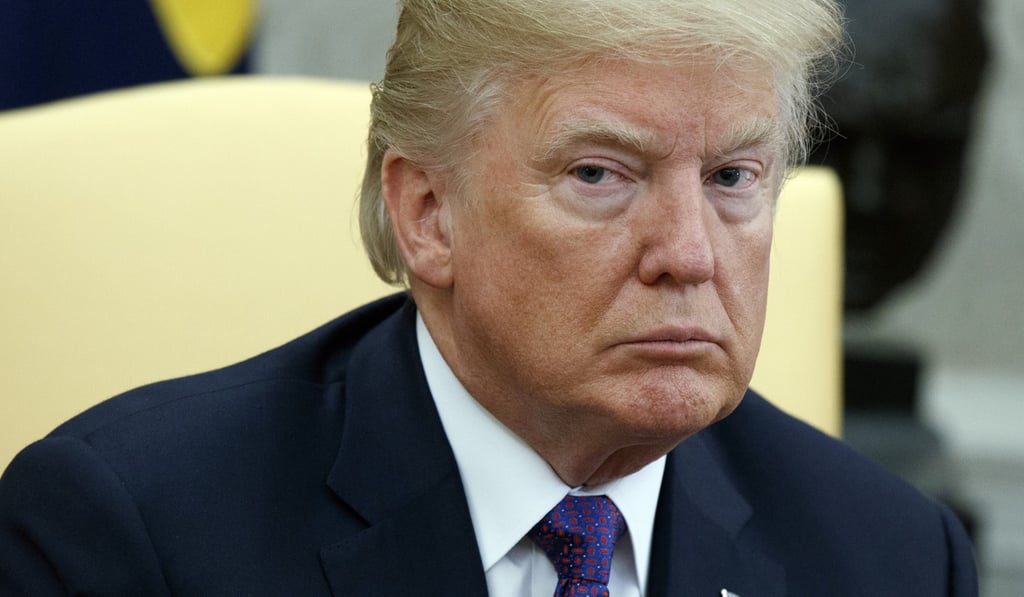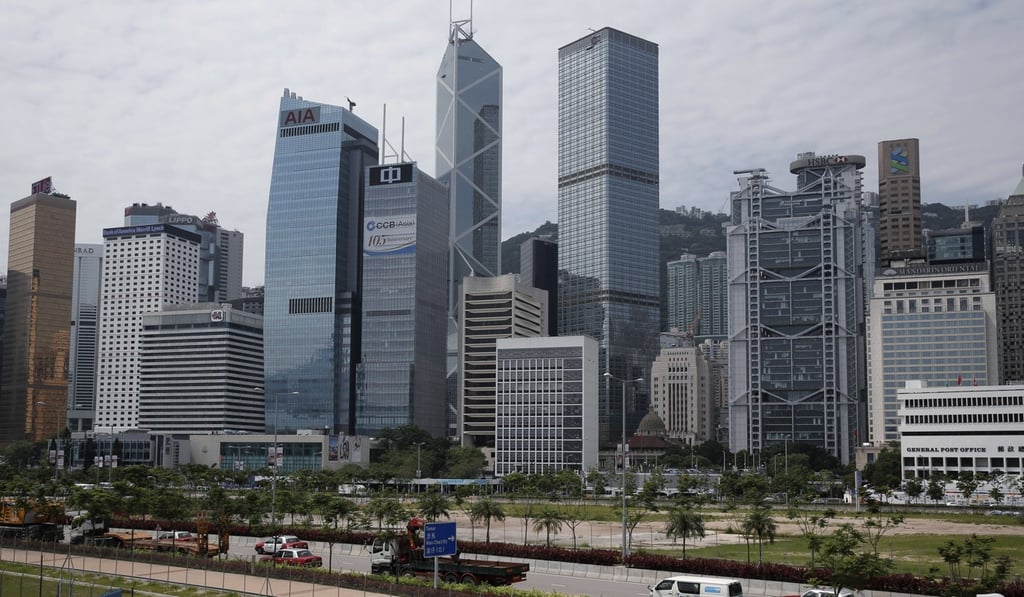Tax reform in Hong Kong can drive new engines of economic growth
Ayesha Lau says that as global tax rates fall, Hong Kong’s traditional advantages are eroding, and tax policies should now be used to encourage sectors where the economy has room to expand


China shrugs off fears Donald Trump tax cuts will lure away investors
Simplicity is important for a good tax system if, in addition to having few deductions and exemptions, it means clarity in tax laws and certainty in practical application, plus low compliance and administrative costs. But with transactions becoming more complex and sophisticated, a seemingly simple tax system may result in uncertainty and uncompetitiveness.
Numerous studies have consistently shown tax as a key factor in attracting business, funds and talent to a jurisdiction. Many countries around the world make use of the tax system to support growth of specific new industries. The tax system is a powerful tool to drive economic growth. Hong Kong’s new directions for taxation should include a more proactive use of its tax system to support growth, rather than merely using the tax system to collect government revenue.

Tax cuts ‘helpful’ only if companies earn a profit, says SME owner
It is a virtue for an individual or households to keep expenditures within income constraints. But a government can do the opposite by controlling its income within the needs of expenditure; a government should only collect taxes and other revenue up to the level required to fund needed public expenditures, because its objective is to maximise people’s welfare, using fiscal and taxation policies as tools, and not to maximise revenue or fiscal surplus.
